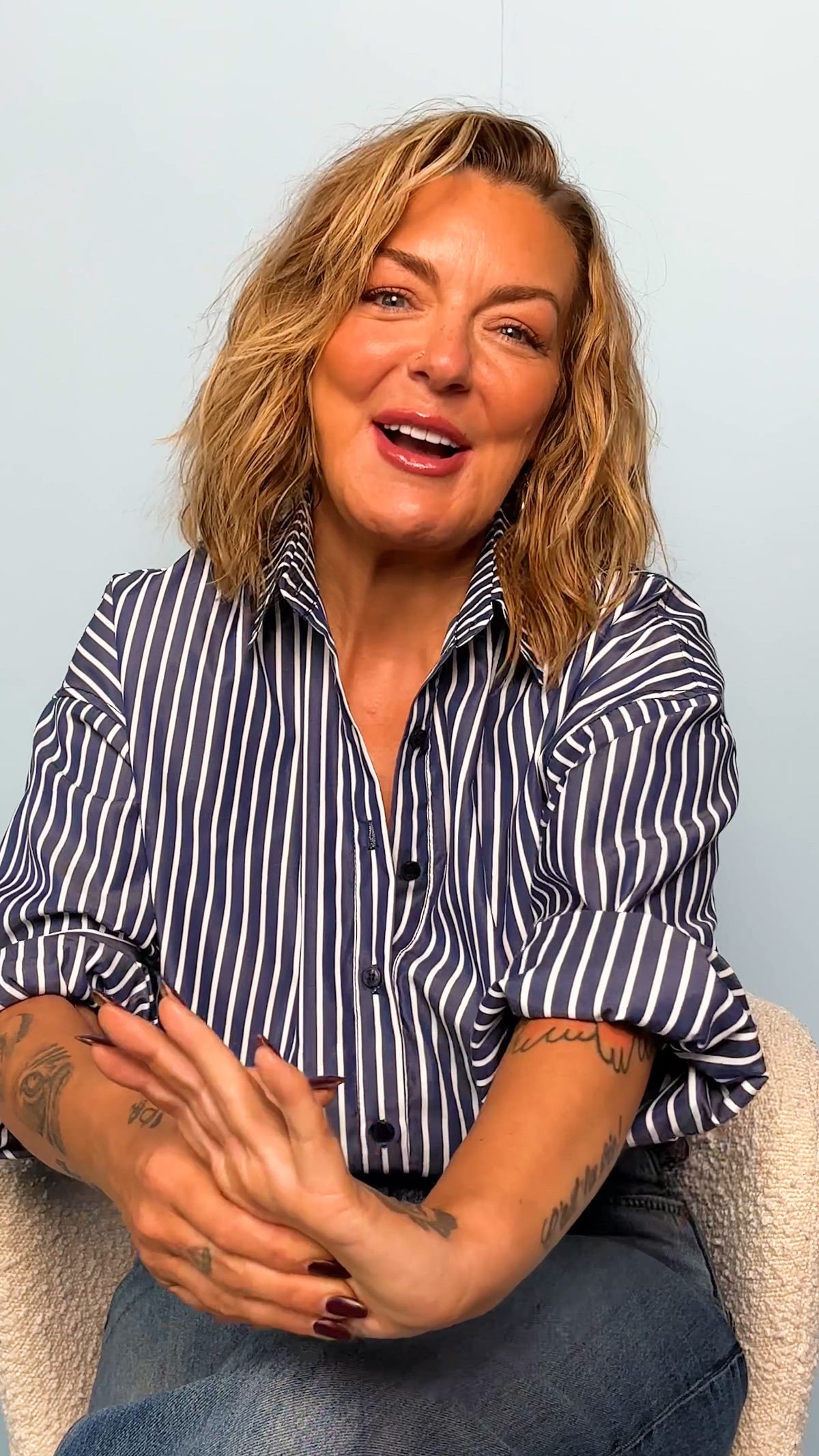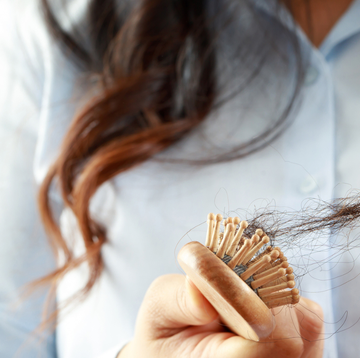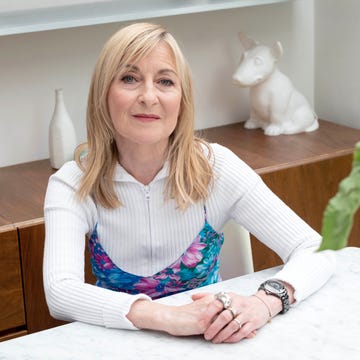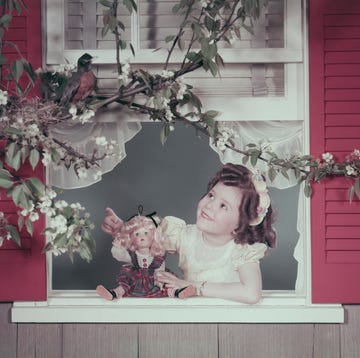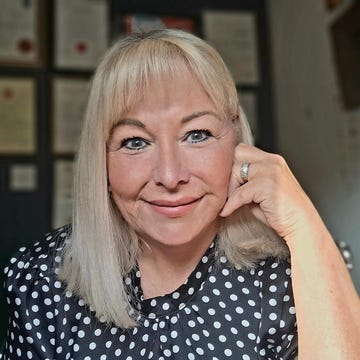At Good Housekeeping, we’ve never been afraid of dealing with knotty subjects or asking difficult questions. From as early as the 1920s, we’ve tackled everything from what women’s education should encompass to sex as a single woman.
To celebrate International Women’s Day, we’ve picked through the archives to find a few of our favourite writers and messages that stand the test of time. After all, sharing advice is what we do best…
Virginia Woolf: slow down, take the time to look around you
Who’s afraid of Virginia Woolf? Certainly not Good Housekeeping! In a series of six articles on London Life, Woolf explored city living from ‘The Docks Of London’ to ‘Great Men’s Houses.’
In her article on St Paul’s Cathedral, she reflects on how life as a city dweller has changed: ‘The mere process of keeping alive needs all our energy,’ she writes. ‘Behold how we jostle and skip and circumvent each other in the street, how sharply we cut corners, how nimbly we skip beneath motor cars.’
Sound familiar? And that was before we had smartphones…
Millicent Fawcett: no two women are the same
In April 1922, suffragist Millicent Fawcett discussed what the 8 million recently enfranchised women might do with their votes.
Having only been given the vote a few years previously, speculation remained around whether women could be trusted to make the right choices. Who would they vote for? Would they know enough to make an informed decision?
Millicent cited a fellow campaigner who said: ‘If I am fit to have four children, I am fit to vote.’ Women, she wrote, contain multitudes: ‘Women are not as like each other as ha’pence are; in fact they are remarkably like men – some good, some bad, some middling, mostly ignorant perhaps, many very impulsive but taking them generally and in the mass, sensible and awake to national issues.’
Lady Violet Bonham Carter: listening is the most important skill
The first woman to serve as President of the Liberal Party, Lady Violet Bonham Carter was also daughter of Henry Asquith (Prime Minister of Great Britain from 1908 to 1916), a close friend to Winston Churchill and, eventually, Helena Bonham Carter’s grandmother.
Lady Violet wrote several pieces for Good Housekeeping throughout the 1920s, including an essay on the skills needed for women to become great public orators.
There is, she wrote, ‘no more intoxicating form of power than that which belongs to a really great speaker’. But to become a good speaker, she wrote that first she had to be a ‘lifelong listener’.
We couldn’t agree more. Our recent survey asked nearly 3,000 women, from across the generations, what they need to thrive today. The results (revealed in April’s issue of Good Housekeeping) showed that we have far more in common than divides us – and the conversation is only just getting started.
Vera Brittain: women should be running world politics
Activist, nurse and author of Testament Of Youth, Vera Brittain knew a thing or two about the cost of war. In the November issue of Good Housekeeping from 1930, she argued that the world would be in much better shape if women ran international conferences.
Were women left to run diplomatic affairs, Brittain suggested, ‘Things would get done with speed, efficiency and common sense’. Here, here.





